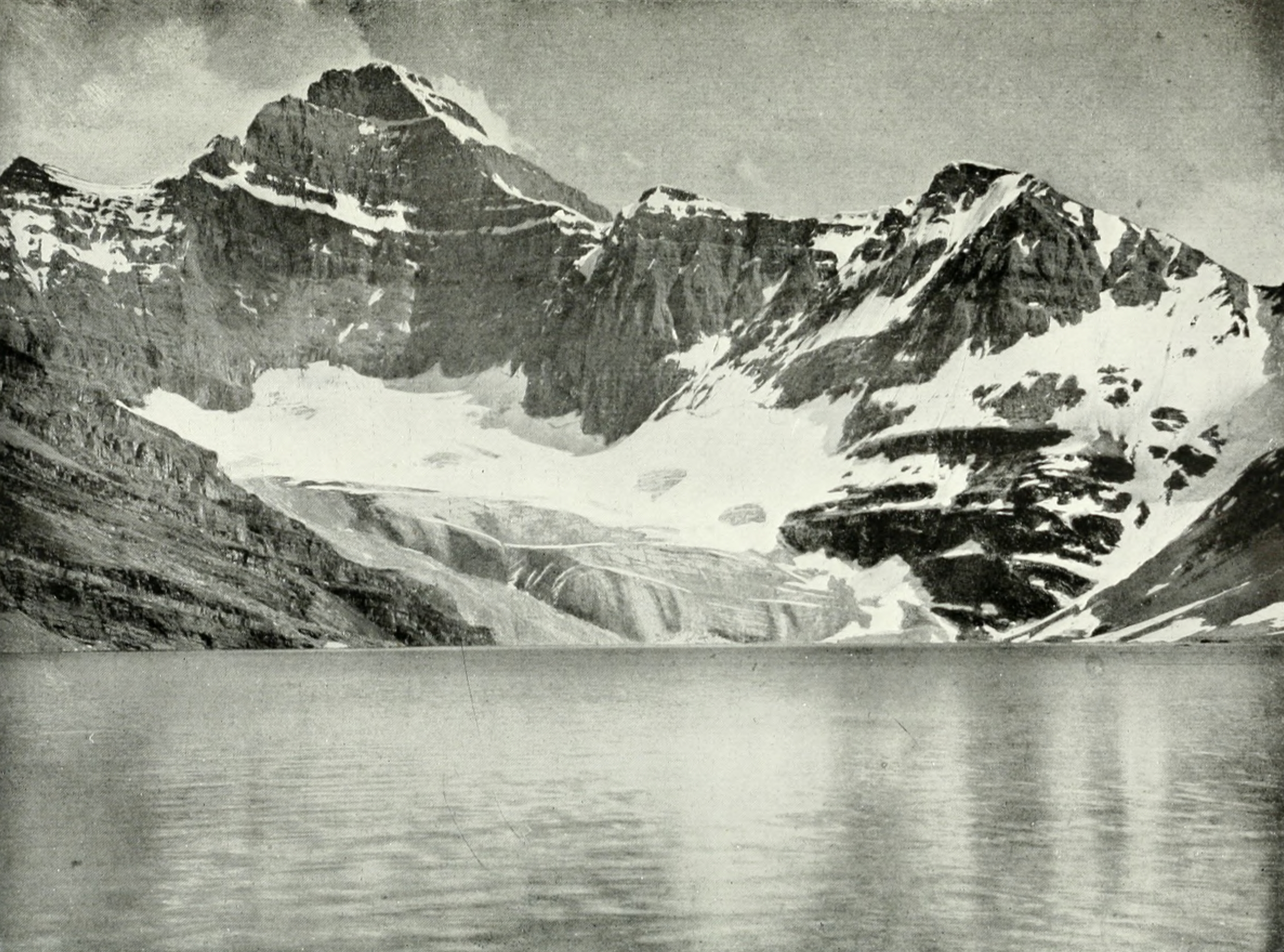Our third meeting took place on a chilly Monday evening, which brought at least a hint of the Canadian climate to Cambridge. Charissa gave a fabulous, wide-ranging introduction to the set readings, putting them into a wider context of the role of mountains in geology and tourism; in ideas and ideals of masculinity and conquest; in the presence of women in the literary and photographic record of early 20th-century mountaineering; in the variety of ways in which women participated in climbing, photographing, collecting, reporting, or conversing; and through the particular biographies of some of the extraordinary women whose works we read.
We learned about the role groups such as the Alpine Club of Canada - from whose journal the selected readings were taken - had in putting a Canadian 'stamp' on mountaineering, ensuring that Canadians, too, could claim 'first' ascents. We learned of the social cohesiveness of these clubs, with most members being middle-class/professionals; and that there were a significant number of women who joined. We learned how the Canadian-Pacific railway made the Rockies newly accessible for trade, travel, and exploration, and how an economy was established along its route. 'The Alpine Club of Canada' gave a sense of the possibilities of patriotism and participation the group hoped to foster.
Considering
the appreciation of mountains from the 18th/19thC as locations for
especially picturesque or spiritual experiences, we compared how these
women often spoke about their physical, tactile contact with mountains.
Mountaineering was an overtly embodied endeavour (as 'A Graduating Climb' detailed): a combination of 'the
flesh-stuff and the soul-stuff', which had - so these writers claimed -
benefits for health, including for female bodies, as laid out by 'Mountain Climbing for
Women'.
We looked in more detail at the biographies of Mary Vaux (see the marvellous photographs online at 'Mary M. Vaux: A Picture Journal': lots of wonderful mountaineering images; Her botanical illustrations are also on Wikipedia), Mary Schaffer (more on her here) and Mollie Adams, who suffered an unfortunate encounter with Rudyard Kipling, and Elizabeth Parker.
Overall, we felt privileged to have, through their writings, photographs, and records, joined these women on their ascents and adventures. Next time: mud, glorious mud.



No comments:
Post a Comment